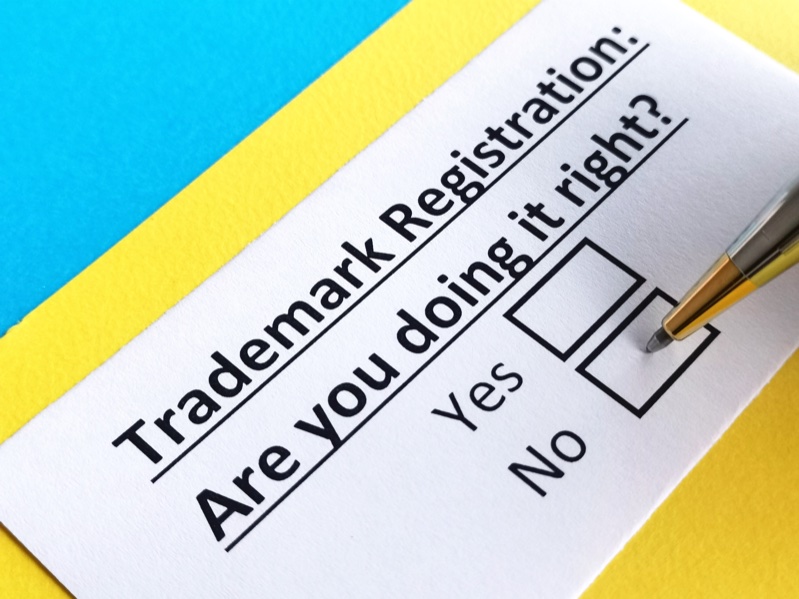Any person that believes that they will be damaged by the registration of an applied-for mark may bring an opposition proceeding against the application by filing a Notice of Opposition. A Notice of Opposition must be filed by someone with a real or legitimate interest in the outcome of the registration. A person who believes that they are entitled to oppose a trademark registration may base their Opposition on grounds including, that the applied-for trademark:
- is likely to cause confusion with the opposer’s trademark or application;
- is merely descriptive, as in it is not so distinctive so as to be a recognizable mark for the goods or services it offers (ex. “Fast Delivery”, for delivery services);
- is primarily geographically descriptive, as in it merely describes where the goods or services are from (ex. “Georgia’s Peaches”, for peaches from Georgia);
- is deceptive;
- is likely to dilute a famous trademark (ex. Pepsi’s Towing);
- the applicant or registrant committed fraud on the USPTO, like when an applicant knowingly makes false, or misrepresentations in the application.
To prevail on the ground of likelihood of confusion, the opposer or petitioner must establish that it has prior proprietary rights, and that the applied-for trademark is likely to cause confusion. A registration on the Principal Register is presumed to have priority over a pending application. An opposer or petitioner can also establish prior rights by showing use of its mark in commerce in the U.S. before the applicant’s first use. Use may include:
- As a trademark;
- As a trade name;
- In advertising.
All Oppositions are filed through the Trademark Trial and Appeal Board, an administrative court under the Federal Rules of Civil Procedure. The Trademark Trial and Appeal Board assesses likelihood of confusion based on a multi-factor test, which examines the:
- Similarity of the marks in their entireties, for appearance, sound, connotation, and commercial impression;
- Similarity in the nature of the goods or services as described in an application or registration;
- Similarity of established trade channels;
- Conditions under which sales are made;
- Recognition of the prior mark;
- Number and nature of similar marks in use on similar goods.
A Notice of Opposition must be filed within the 30-day “Opposition Period” established by the USPTO. When an application is published for opposition, you will have 30 days to either file an opposition or file an extension of time to oppose (granting an additional 30 or 90 days). If you miss the publication window, you may still be able to oppose the trademark upon registration by seeking a Petition to Cancel.








